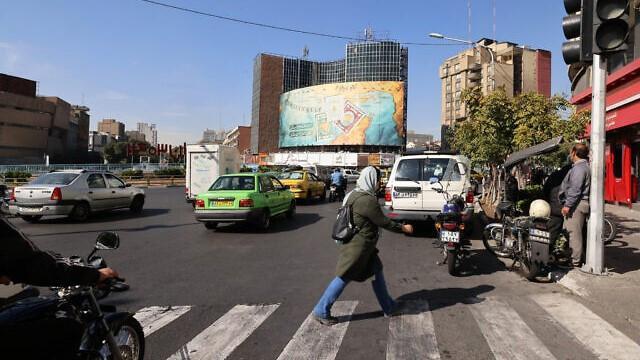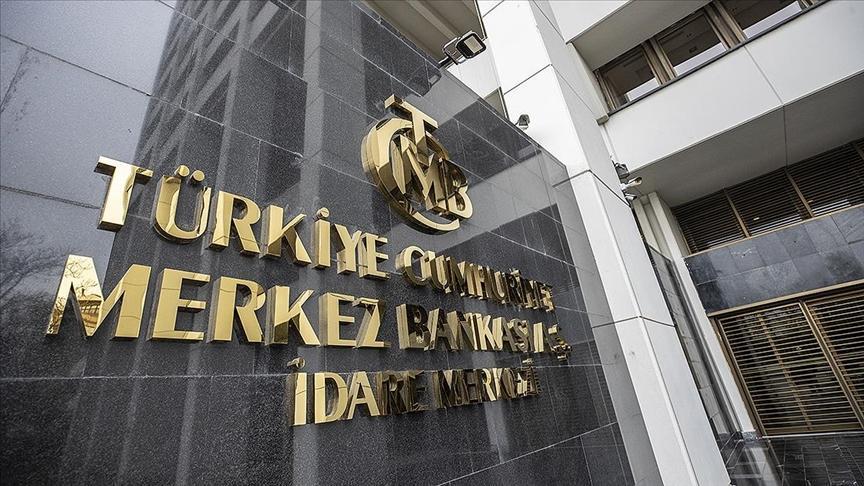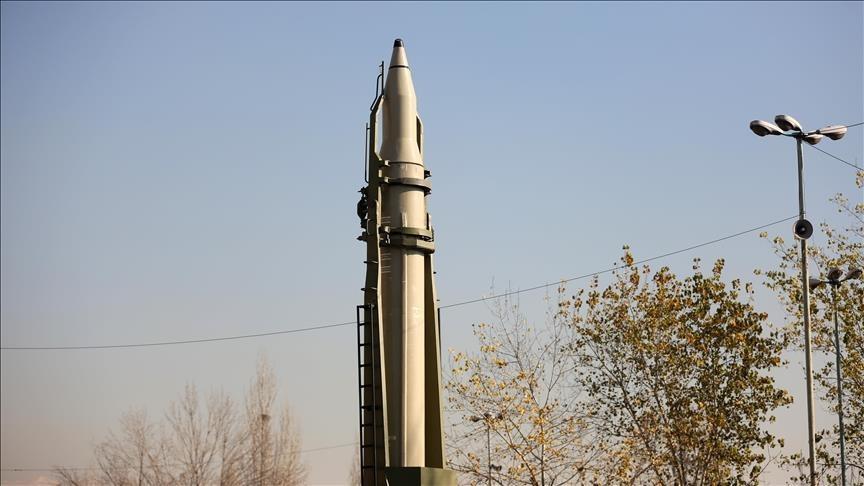Sanctions season is around the corner for Turkey
“Apply the Global Magnitsky Human Rights Accountability Act, or other relevant targeted tools, to deny U.S. visas to and block the U.S. assets of specific officials and agencies identified as responsible for violations of the right to freedom of religion or belief.”
The above suggestion was penned as a policy recommendation for the Trump administration by the United States Commission on International Religious Freedom in its 2018 annual report, which was released this week. The commission also asserted that the Turkish government must be pressed at the highest levels to free Pastor Andrew Brunson from detention immediately and unconditionally.
U.S. President Donald Trump along with Vice President Mike Pence have indeed been vigorously pressing the Turkish President Recep Tayyip Erdoğan’s government for the release of Brunson since they took office. There has been no single conversation between Trump and Erdoğan where the U.S. President did not spell Brunson’s name. Furthermore, Trump did not hesitate to throw a biting tweet on April 16 when Pastor Brunson appeared in front of the court the first time, 16 months after his detention. Referring to the indictment against Brunson, which accuses him of “military and political espionage,” Trump tweeted, “I am more a spy than he is.”
Recent history has proven that it is not good news when Trump starts tweeting sarcastically about someone or something.
However, U.S. senators seem to think the pressure applied on Ankara is not working despite the White House being directly invested in the matter. Sixty-six senators from both sides of the aisle at the U.S. Congress sent a letter to Erdoğan last week calling allegations against Brunson as “an absurd collection of anonymous accusations, flights of fantasy and random character assassination.” They hinted that other measures are underway to ensure Turkey respects the right of citizens and employees of the U.S. to reside and work in Turkey without fear of persecution.
A few days later, a Republican from Oklahoma Senator James Lankford and a Democrat from New Hampshire Jeanne Shaheen showed face on Trump’s favorite TV channel FOX, signaling they are working on a new package of sanctions to punish the Turkish government for keeping U.S. citizens and personnel hostage in Turkish prisons for political bargaining. Senator Lankford said they are seriously contemplating to put sanctions directly on Turkish individuals like prosecutors, judges or even elected officials who might have been involved with Brunson’s detention.
Until recently the Department of State has been the key player to stall any possible sanctions against Turkey, arguing they would bring Pastor Brunson back home through a quiet diplomacy. However, in private conversations, U.S. diplomats admit their hands might be tied soon. In fact, there are signals that Foggy Bottom has already started to coordinate the next steps with Congress.
One of the key officials in former Secretary of State Tillerson’s policy planning team Richard Outzen, who might in fact be appointed as the new Deputy Assistant Secretary for European and Eurasian Affairs, revealed the mood at the Foggy Bottom at a recent panel organized by the Washington Institute for Near East Policy. “We have heard the Congress very loud and clear [on detentions]. This may lead to some of our decision-making authority being removed from us,” he said, drawing a resemblance between the mood in Turkey after the infamous Sulaymaniyah incident in 2003 where some members of the Turkish special forces were forced to wear Guantanamo style orange jumpsuits by their American counterparts.
While Ankara is impatiently waiting to sit down with new Secretary of State Mike Pompeo—who was just sworn in two days ago—to solve the pending crisis between the two countries, the U.S. Congress might well call the shots for introducing sanctions against Turkey. The first step in that direction was taken on April 26. Senators Lankford, Shaheen and Tillis, who introduced a bill to prevent the transfer of F-35 fighter jets to Turkey whom they claimed to jeopardize the security of NATO allies by purchasing Russian S-400 missile defense systems.
Undoubtedly, this draft bill is an effort to further corner Ankara ahead of Brunson’s second hearing on May 7 by demonstrating the U.S. side will no longer defer measures ranging from hurting military cooperation to hurting Turkey’s economy. If Washington is convinced there is no light at the end of the tunnel for Brunson, the Congress might go ahead with a vote on the sanctions bill right after the June 24 elections in Turkey.
I have been told by sources familiar with discussions at Capitol Hill that the draft bill on F-35s could be extended in a manner to include targeted sanctions against Turkish individuals or institutions. Imagine the scope of possible further damage and turbulence over bilateral relations if the U.S. Congress blacklists some Turkish officials just like Russian oligarchs at a time when nationalist sentiments in Turkey are multiplied by elections.











